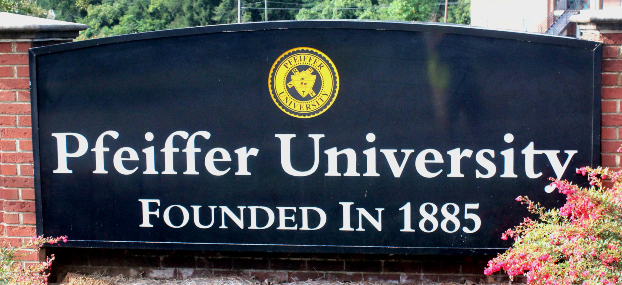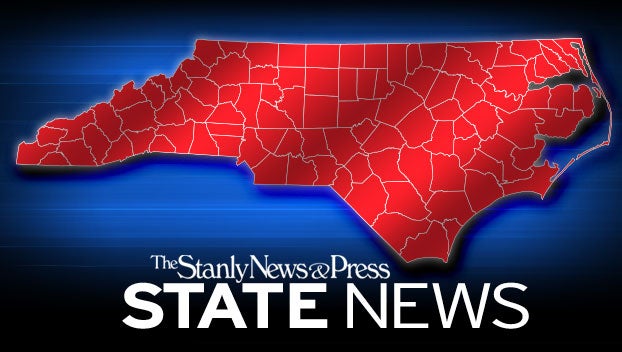Small businesses can apply for loans through N.C. Rural Center, Small Business Administration
Published 11:14 am Thursday, April 2, 2020
|
Getting your Trinity Audio player ready...
|
In response to the ongoing economic impact of the coronavirus outbreak, North Carolina Rural Center on Tuesday launched a new emergency small business lending program to help the state’s entrepreneurs and small-business owners.
The NC COVID-19 Rapid Recovery Loan Program is managed by the NC Rural Center, a statewide nonprofit that has been supporting small business owners for more than 30 years. The Golden LEAF Foundation deployed $15 million to help launch the program.
Loans are available for up to $50,000, based on the business’s current revenue, with zero interest and no payments for six months.
“Small businesses are more than just job providers, they are pillars of our communities,” Gov. Roy Cooper said. “They need our support now more than ever, and this program can help people across the state as we weather the effects of this pandemic.”
Applicants must be a small business in the state affected by the virus and must have at least one employee. Start-up businesses that began operations before March 23 are also eligible.
Requirements for applying for the loan include that a person with greater than 20 percent ownership in the business must personally guarantee the loan; proceeds from the loan can only be used for either maintaining or restarting a business; use of loan funds to pay off debts already incurred for business maintenance or for restart purposes may be authorized on a case-by-case basis; and borrowers are required to assign the proceeds of future assistance programs, including SBA loans, to the repayment of their Rapid Recovery Loan.
Interested businesses should be prepared to complete an online application and provide tax returns, profit and loss statements, and bank statements.
Any business that wants to apply should go to https://ncrapidrecovery.org.
The U.S. Small Business Administration is also offering low-interest federal disaster loans to North Carolina small businesses affected by the virus.
Small businesses, private non-profit organizations of any size, small agricultural cooperatives and small aquaculture enterprises can apply for loans of up to $2 million to help meet financial obligations and operating expenses which could have been met had the disaster not occurred, according to a SBA press release.
The interest rate for small businesses is 3.75 percent, while the interest rate for private non-profit organizations is 2.75 percent.
Applicants may apply online, receive additional disaster assistance information and download applications at https://disasterloan.sba.
Stanly County Chamber of Commerce President Sandy Selvy-Mullis said the loans are “critical” in helping local businesses get back on their feet.
“Our businesses in Stanly County are going to need assistance,” she said.
For more information about how to get help during the coronavirus, visit the Chamber’s resource page: https://stanlychamber.org/help-during-coronavirus/.
Last week, Congress passed a $2 trillion coronavirus stimulus bill which, among other things, allocates $350 billion in federally guaranteed loans to small businesses (known as the Paycheck Protection Program) and sends direct payments of $1,200 to individuals earning up to $75,000, with smaller payments to those with incomes of up to $99,000 and an additional $500 per child. The direct payments should be sent to families in a few weeks.
Businesses or nonprofits are eligible for the Paycheck Protection Program if they have fewer than 500 employees. Loans can be up to 2.5 times the borrower’s average monthly payroll costs, not to exceed $10 million and the loans can also be forgiven.
For more information about the loans, visit https://www.sba.gov/page/coronavirus-covid-19-small-business-guidance-loan-resources.





